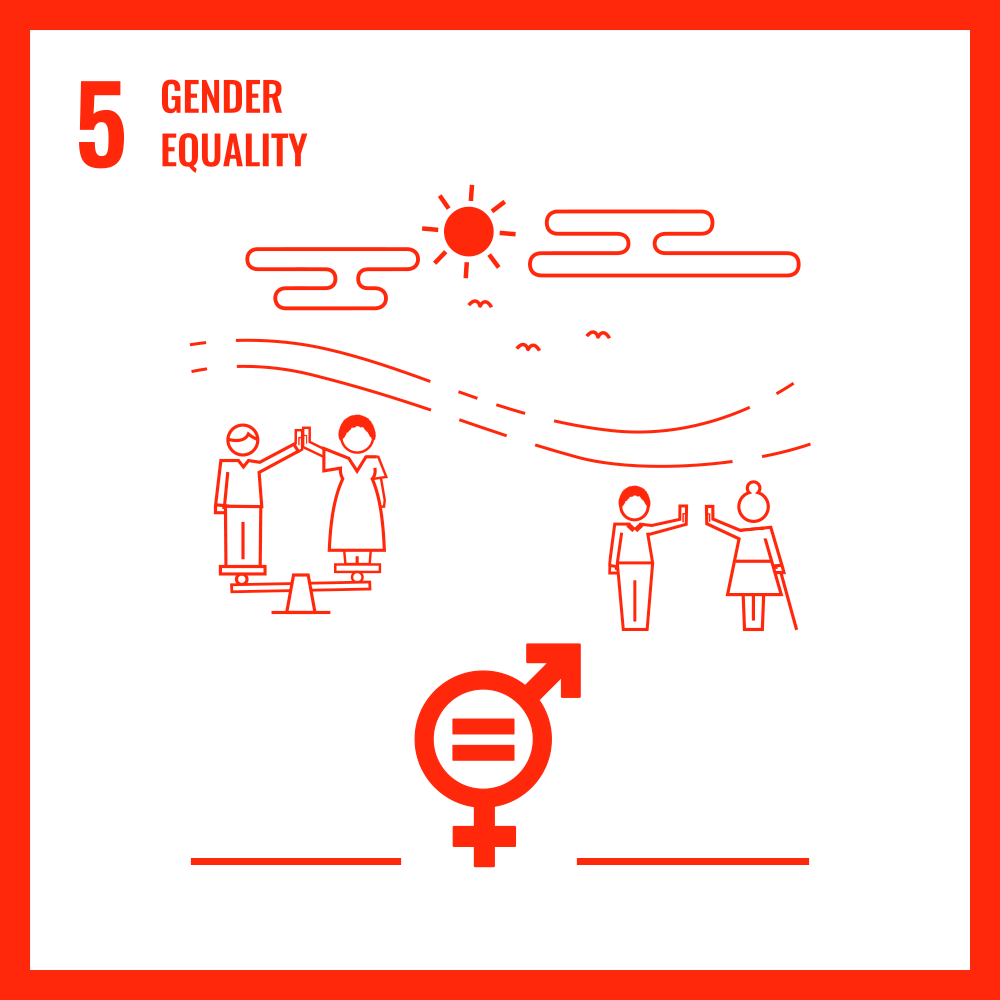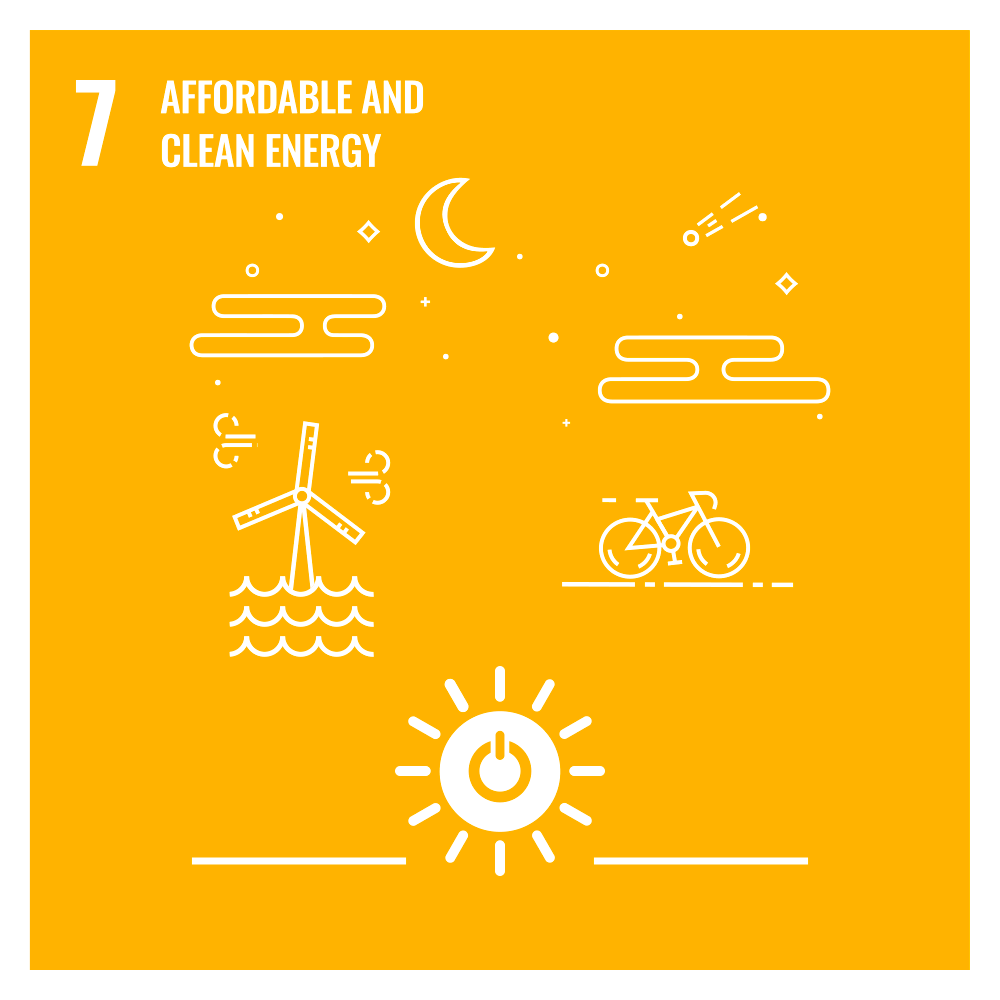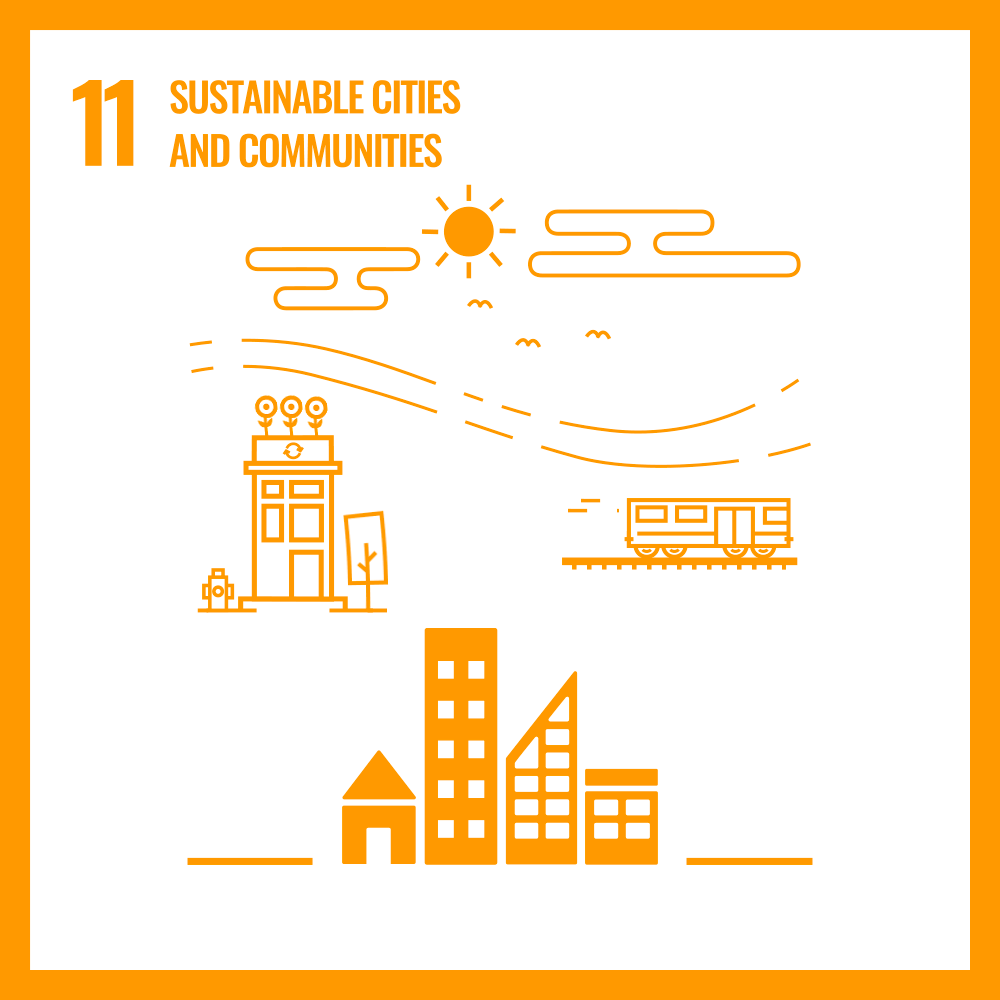OUR SOLUTIONS FOR
SUSTAINABILITY
WHAT DOES IT MEAN TO
BE SUSTAINABLE
for DG TWIN
In a responsible business model based on sustainability, innovation by companies is essential for respecting the environment and human rights.
DEVELOPMENT, INNOVAZIONE
AND SUSTAINABILITY
Industrial production will have to change their paradigms to align with the achievement of the United Nations Sustainable Development Goals for 2030.
The business development, as wall as the ideas of our team, are proactive towards the current need for a global transition towards:
SUSTAINABLE CITIES AND COMMUNITIES (SDG 11)
AFFORDABLE AND CLEAN ENERGY (SDG 7)
GENDER EQUALITY (SDG 5)

GENDER EQUALITY
We push towards gender equality (SDG 5) with a highly heterogeneous team both in terms of age and gender.
The Team is oriented towards the affirmation of women in industrial environments, whose development is focused on the implementation of STEM technologies (Science, Technology, Engineering, Mathematics), in particular artificial intelligence.
Despite undeniable progress in gender equality and empowerment, women and girls continue to face discrimination and violence in every part of the world. Gender equality is not only a basic human right, but a necessary condition for a prosperous, sustainable, and peaceful world.
Ensuring women and girls equal accesso to education, decent work, medical care, as well as representation in decision-making political and economic processes, will promote sustainable economies, which will benefit societies and all humanity.
in Italy, the female employment rate between 2019 and 2020 fell from 53,8% to 52,7%, well below the EU average of 67,4% in 2019
globally, women make up just 28% of the STEM workforce
according to a 2020 World Economic Forum report, women make up just 26% of jobs related to Artificial Intelligence (AI) implementation, while the Stanford Institute for Human-Centred AI found that only 16% of full-time female educators are focused on AI globally

AFFORDABLE AND
CLEAN ENERGY
Energy is a central element in everyday life. Whether it is for jobs, security, well-being, food production or increased incomes, access to energy is essential. The sustainability of energy among the environmental, economic, and social dimensions is an opportunity that can concretely transform the living conditions of the planet.
One in five people does not have access to modern electric vehicles
3 billion people depend on wood, coal, charcoal or animal manure for cooking and heating
Energy transformations are the main culprits of climate change, accounting for about 60% of global greenhouse gas emissions
The key long-term objective is the production of low-carbon energy, through the improvement of technologies to provide modern and sustainable energy services, especially in least developed countries, small island states and landlocked developing states, in accordance with their respective development programmes

SUSTAINABLE CITIES AND COMMUNITIES
Cities are centres for commerce, culture, science, productivity, social development and much more.
Life in communities and cities has made it possible to improve the social and economic condition of individuals.
However, there are several negative externalities which are today real challenges to be faced in order to maintain urban centres as places of work and prosperity, and which at the same time do not damage the territory and resources.
Traffic and atmosphere pollution, the inhomogeneity of basic services, the lack of adequate housing, the degradation of infrastructure must be mitigated in order to allow cities to continue to thrive and grow.
Cities of the future must offer opportunities for all, with access to basic services, energy, housing, transport and much more.
Nowadays:
Approximately 50% of the world's population lives in cities, by 2030 it will reach 60%
95% of urban expansion in the coming decades will take place in developing countries while 828million people live in slums, with the number continuing to rise
Cities occupy only 3 percent of the earth’s surface, yet are responsible for 60-80% of energy consumption and 75% of carbon emissions